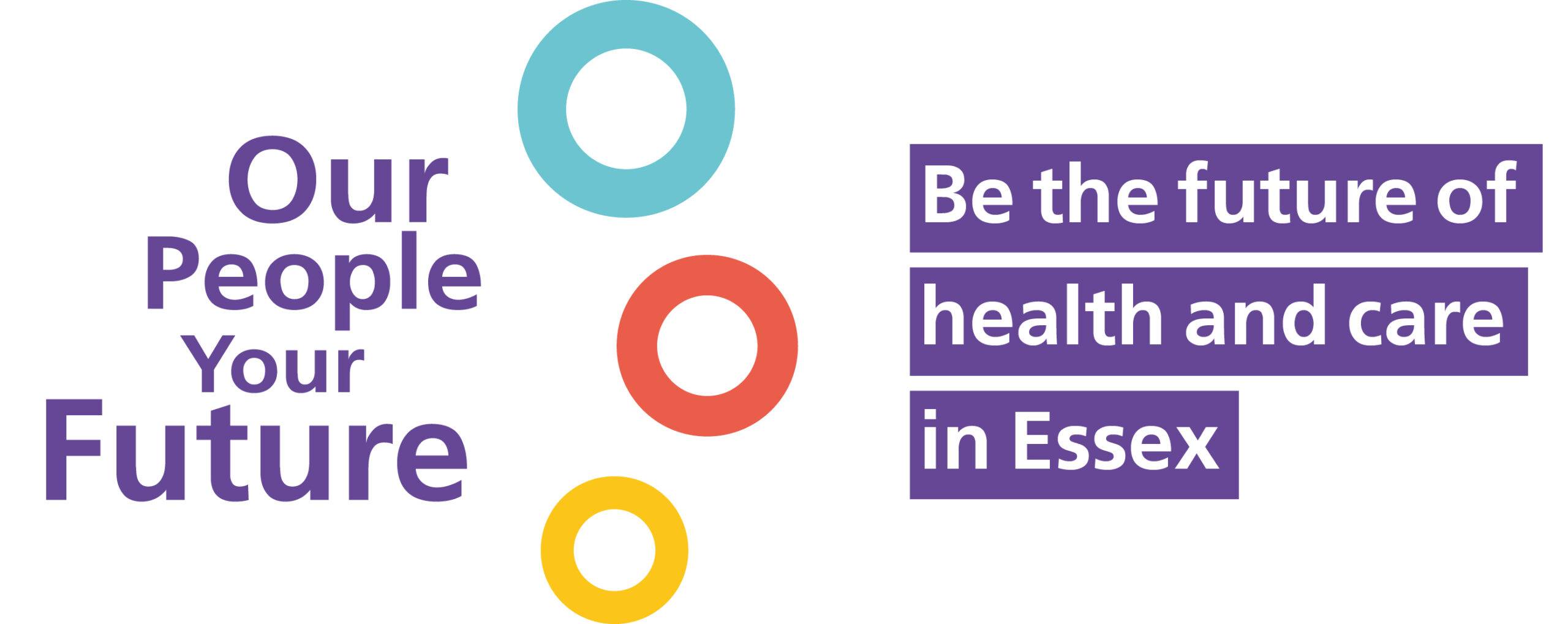
Application Support
A CV is designed to demonstrate why you’d be a good candidate for the role you’re applying for, whether it’s a full-time job, an apprenticeship, or an internship. It includes professional experience and your education too. But it’s also designed to showcase your personality and how you might be a good fit for the company.
Whilst there is no ‘right way’ to write a CV, there are a couple of elements that most CVs should always have –
- Length: no longer than two sides of A4 paper, typed (this doesn’t include your cover letter).
- Font: keep it black, between size 10-12, and a common type such as Calibri, Arial or Times New Roman.
- Layout: simple and clear, using headings, formatting (bolding, italics, underlining), and spacing to structure the information and make it easy to read.
- If you’re applying for a creative or design role, you might want to play with the layout to help show your practical skills.
What to include
Contact details
– full name
– phone number – ensure this information is up to date so a potential employer can reach you, they won’t want to have to chase you.
– email address (make sure it’s a professional one)
Introduction
This should be a short summary about yourself, and it shouldn’t be longer than a few sentences. You might want to mention some of your key strengths and attributes here, especially any that the role explicitly requires.
Expect to back these up in the main body of your CV, and to talk about them during an interview.
Work experience
Beginning with your most recent or current role and going backwards, list out your previous jobs, including different roles at the same employer.
For each role, you should include:
– company name
– your job title
– how long you’ve been employed (years and months)
– your main responsibilities
Try to highlight what you achieved or the impact you made in a previous role and tie these back to the required skills or experience.
No Work Experience – Write a list of your skills, strengths and experience. Focus on your education and any extra-curricular activities you participate in, such as sports. Highlight anything that would help you do well on the job you’re applying for.
Always include any Volunteering you may have done.
Education
Like work experience, beginning with your most recent education, list out your formal education history, going back to secondary school.
You should include:
– the name of the place you studied
– when you studied there
– the qualification and grade/s you achieved
Other achievements, qualifications, and skills
You might want to list other things that don’t quite sit within your work or education history. They may be asked for explicitly in the job description. Depending on the role, examples you might include could be:
– specialist training like health and safety or first aid
– the ability to speak different languages or sign language, for example
– knowledge of software or equipment, such as video or photo editing programmes, or use of Microsoft Excel
– awards you may have like the Duke of Edinburgh award or an academic award or scholarship
– links to online portfolios or blogs if you’re interested in a job around journalism or content, for example
Hobbies and interests
Hobbies, passions, and interests can be a great way to stand out from the crowd and a nice icebreaker in an interview.
But it’s unlikely that they will be the reason you’re offered a position – work experience and qualifications will usually be the deciding factor when an employer makes a job offer.
If you have room in your CV, you may want to include some hobbies or interests which help showcase your personality.
References
A reference is a way to back up what you’ve put on your CV and a way for potential employers to check what you’ve said. The person who writes your reference is called a ‘referee’. You can simply write ‘References available on request,’ and provide their contact details later.
CV Tips
- The biggest tip for what to include in your CV is to tweak and tailor it to the job you’re applying for. Don’t send a generic CV that details all your experience and skills
- Read the job description for the role you’re applying for, research the employer, and choose the experience and skills that are most relevant
- Match the words used in your CV to the keywords in the job description
- Ask someone else to read it before you submit it, as they may spot spelling errors you missed
Skills and Strengths
Transferable Skills
Transferable skills are the essential skills, personal qualities and values that enable you to thrive in any workplace.
Transferable skills include things like:
- good communication
- motivation and initiative
- leadership
- reliability/dependability
- following instructions
- teamwork
- patience
- adaptability
- emotional control
- resilience
You can build your employability skills through participation in:
- paid work
- unpaid work and volunteering
- sport and other hobbies
- community or other group activities
How do you demonstrate these skills to employers?
All employers value these skills. In your job application you should highlight examples of when you used these skills. You should also explain how these skills can benefit the business and make you the best candidate for the job.
For example, you might outline how you pride yourself on your excellent time management and organisational skills. You could explain that this means that all your schoolwork is delivered on time and completed to a high standard.
You can also demonstrate your employability to employers through how you conduct your job search. Here are some examples of your employability skills in action:
- When you contact employers about jobs you are demonstrating your communication skills and showing initiative and motivation.
- When you show up to an interview prepared and on time it demonstrates your reliability and ability to follow instructions.
Soft Skills
Soft skills are non-technical skills that promote productivity, efficiency and effective communication in the workplace. Some soft skills can also be part of your personality or work ethic. These skills are often transferable across roles and industries and are necessary in every level of the workplace, from entry-level roles to top-level executives.
Examples –
- Teamwork occurs when a group of people work together to successfully complete a task
- Problem solving is the process of achieving a goal by overcoming obstacles
- Communication – the ability share ideas and feelings effectively – “you’ll need good communication skills and must be able to work well with others”
- Adaptability – that means you adjust to changing circumstances.
- Time management – being able to manage your time effectively can help you improve your productivity. Excellent time-management skills assist you to plan your daily workload and prepare for meetings.
Useful Information
There are a number of skills assessments that you can complete to help identify your skills –
Skills Assessment – National Careers Service (opens in a new window)
Transferable Skills Assessment – Health Careers (opens in a new window)
For more information on how to write a CV, please visit National Careers Service (opens in a new window)
